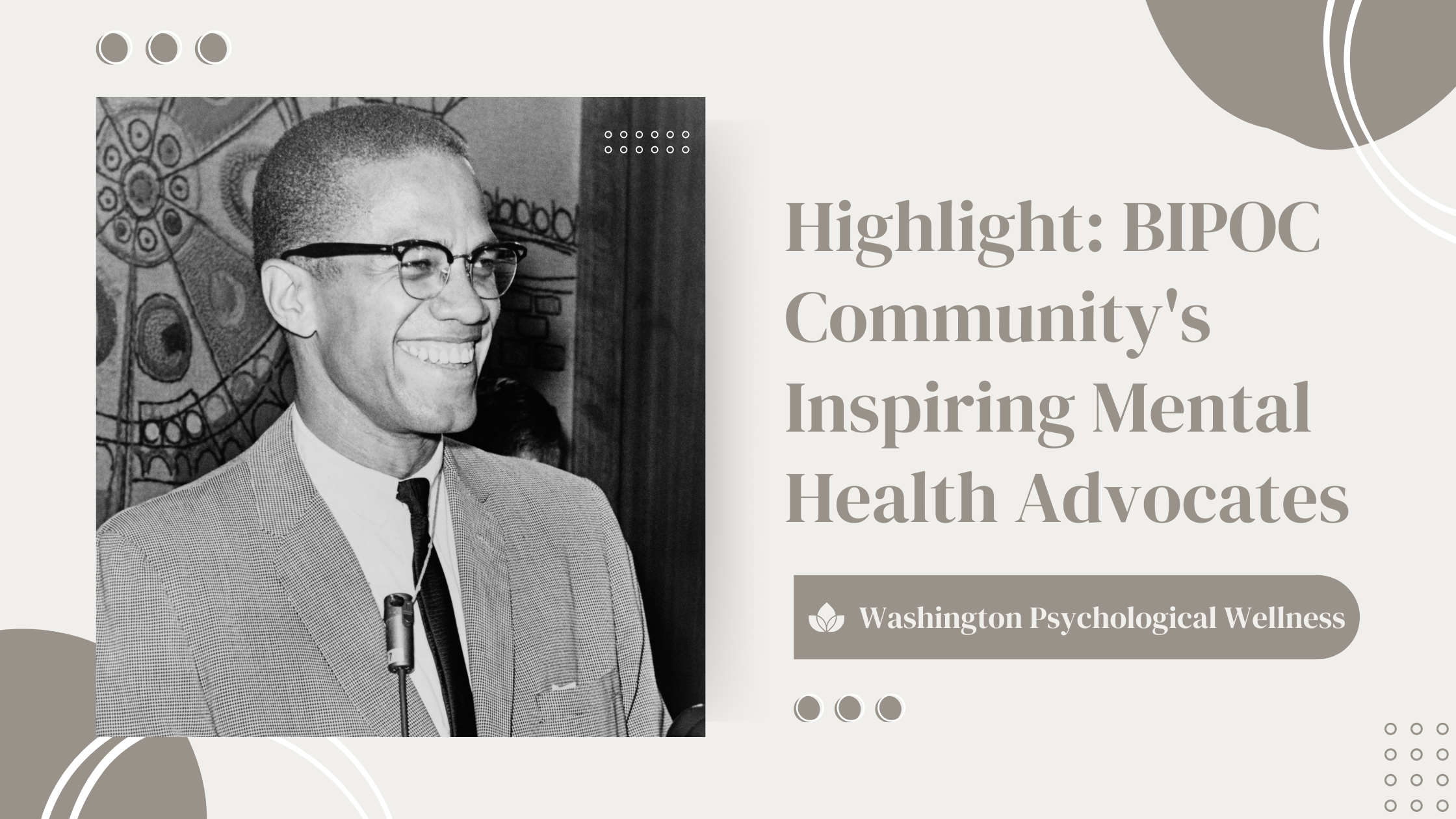
BIPOC Community’s Inspiring Mental Health Advocates
Throughout history, there have been remarkable individuals who have championed mental health and well-being within the Black, Indigenous, and People of Color (BIPOC) community. These influential figures recognized the significance of mental health and dedicated their lives to promoting awareness, advocating for change, and providing support to those in need. In this article, we will explore some of these historical figures and their invaluable contributions to the field of mental health. The tireless efforts of these inspiring mental health advocates have left an indelible mark, paving the way for a more inclusive and compassionate understanding of mental well-being.
1. Dr. Frances Cress Welsing (1935-2016):
Dr. Frances Cress Welsing was an esteemed African-American psychiatrist, author, and scholar who played a significant role in promoting mental health awareness within the BIPOC community. She is best known for her groundbreaking work on the psychological impact of racism, particularly in her seminal work, “The Isis Papers: The Keys to the Colors.” Welsing’s research and writings shed light on the effects of systemic racism on the mental health of individuals and communities, highlighting the importance of understanding and addressing these issues. Her work remains influential in the fields of psychology and racial identity.
Source: The Isis Papers: The Keys to the Colors by Dr. Frances Cress Welsing
2. Dorothea Dix (1802-1887):
Dorothea Dix was an American activist and reformer who tirelessly fought for the rights and humane treatment of individuals with mental illnesses. Her advocacy began in the mid-19th century when she visited prisons and asylums across the United States, witnessing the deplorable conditions in which mentally ill individuals were kept. Dix’s relentless efforts led to the establishment of mental asylums and the improvement of mental health legislation and treatment options. She advocated for the belief that mental illness was a condition that required compassion, understanding, and proper care.
Source: “Dorothea Dix: Advocate for Mental Health” by Carolee S. Hawkins
3. Yellow Bird (1822-1904):
Yellow Bird, also known as Zikala-Sa (“Yellow Bird” in Lakota), was a Native American healer and spiritual leader from the Lakota Sioux tribe. She played a crucial role in addressing mental health and wellbeing within her community. As a medicine woman, Yellow Bird provided holistic care, combining traditional healing practices with a deep understanding of mental and spiritual health. Her compassionate approach and wisdom helped many individuals struggling with mental distress, emphasizing the significance of cultural and spiritual connections in achieving overall wellbeing.
Source: “Lakota Sioux Medicine Woman: An Activist, Educator, and Storyteller” by S.D. Nelson
4. El-Hajj Malik El-Shabazz (Malcolm X) (1925-1965):
Malcolm X, an influential African-American civil rights activist, made notable contributions to mental health awareness within the BIPOC community. While he is primarily known for his advocacy of racial equality and social justice, Malcolm X recognized the psychological toll of systemic racism and discrimination. He encouraged individuals to embrace their heritage, develop self-esteem, and challenge societal barriers that affected mental health. Malcolm X believed that true liberation required addressing the psychological trauma inflicted by racism.
Source: “The Autobiography of Malcolm X” by Malcolm X and Alex Haley
Conclusion
These remarkable historical figures from the BIPOC community have left an enduring impact on mental health and wellbeing. Through their advocacy, research, and compassionate care, they have shed light on the significance of mental health issues within marginalized communities. Their contributions remind us of the importance of addressing mental health disparities and fostering a society that prioritizes the wellbeing of all its members. By acknowledging their work, we honor their legacy and are inspired to continue the journey toward equitable mental health support for everyone.
Note: This article provides a brief overview of the contributions made by these historical figures. For a comprehensive understanding, it is recommended to explore their writings, biographies, and scholarly works for a deeper insight into their invaluable work.
